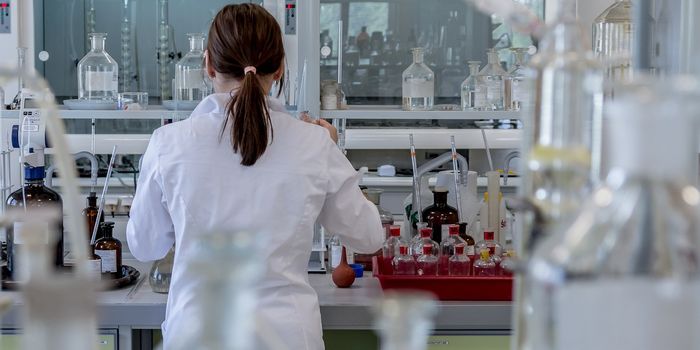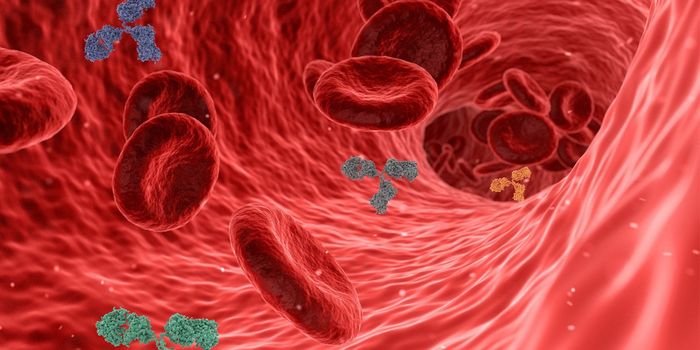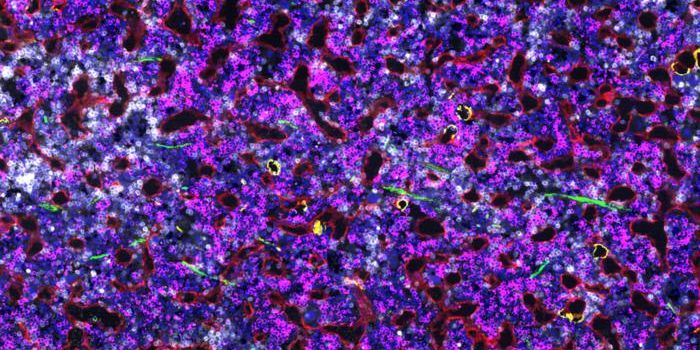Understanding the link between obesity and breast cancer
A researcher from the James Graham Brown Cancer Center at the University of Louisville claims to have figured out the molecular link between the association that obesity has with breast cancer, and it all rests in a protein called FABP4.
FABP4 is an adipose fatty acid-binding protein that researcher Bing Li, Ph.D., associate professor in the Department of Microbiology and Immunology and UofL Health, says is responsible for the development of breast cancer. While fat cells have been associated with cancer for some time now, the underlying molecular mechanisms that drive cancer development in the presence of excess fat are still being understood.
"Many types of cancer are related to obesity, not only breast cancer. More than 13 types of cancer are clearly associated with obesity and I think the list will go on and on once we have more data," Li said. "In our research, we found the fatty acid-binding protein family, especially one member, FABP4, plays a very critical role in the association of obesity and cancer, most specifically breast cancer. We theorize that FABP4 is responsible for the underlying molecular mechanism which promotes obesity-associated breast cancer development."
Li’s research was published recently in Trends in Molecular Medicine, a Cell Press journal. It comes as the culmination of his investigations over the past five years, which were funded by the National Cancer Institute.
Li explains that while FABP4 is normally present in the bloodstream, higher volumes of fatty tissues secret more FABP4 into the bloodstream. "When we get obese, this protein is secreted out much more into the circulatory system," Li said. "Normally these molecules are inside the cells, but when people are obese, the molecules are outside." In noticing this, Li proposed two ways that these increased levels of FABP4 could stimulate breast cancer tumors.
“First, within the cells, FABP4 increases in certain tumor-associated macrophages, which accumulate in tumors to promote tumor growth. Second, when elevated levels of FABP4 circulate outside the fat cells in obesity, the protein promotes breast cancer development through direct interaction with breast cancer cells,” reports Science Daily.
Now that the role of FABP4 in breast cancer tumor growth has been established, the Li hopes his findings will encourage the development of treatment methods that target FABP4 with drugs or specific antibodies. "Now we are trying to generate some antibodies for this protein, which could be a very effective therapy strategy for obesity-associated cancer," he concludes.
Sources: Trends in Molecular Medicine, Science Daily









